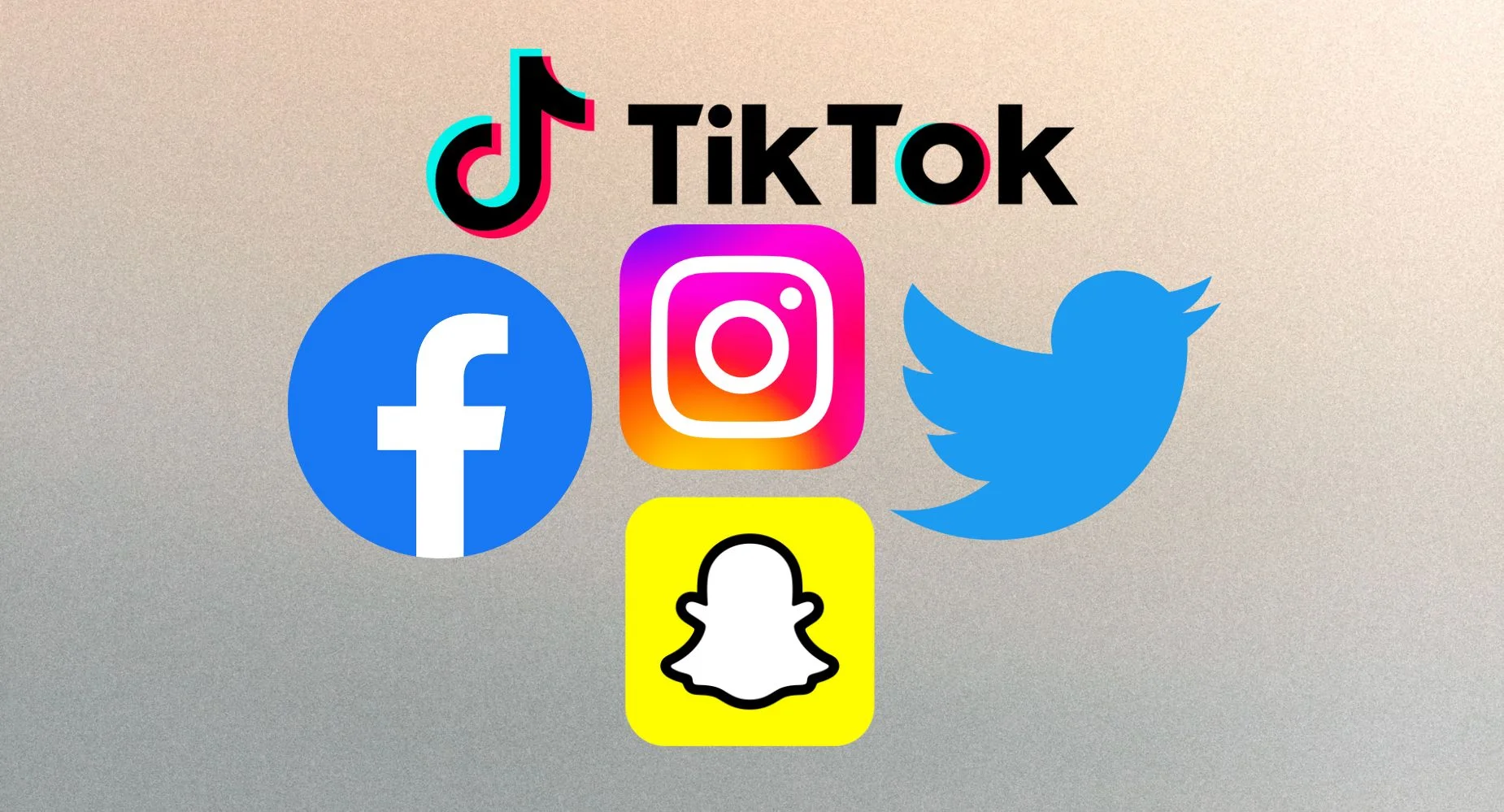
I SPENT my teenage years at my paternal grandparents’ village in Rushinga, Mashonaland Central province. It was a such a rich experience full of lessons — some tough, some great.
Part of that experience was herding cattle — that meant taking cattle to the pastureland where most of the teenage boys in the village met and sometimes formed alliances or hostile groups.
There was never a dull moment in the pasturelands. Around late mornings after the cattle had taken the morning graze and browse, we would drive them to the river to drink water, after which they lied under the shade of the trees to ruminate. That was our moment to mingle, swim, play games, discuss and share stories and experience as boys.
It was also a moment when simple arguments would lead to physical fights. There was a boys’ code that what happened at the pastureland should never reach home, but our uncles had a way of knowing, especially when their boys lost a fight. They would seek revenge and sometimes escalate the tensions. This was because there was another principle that when the going gets tough, call on your uncles to intervene and save the families’ name and reputation — a dangerous practice that threatened to tear villages apart.
I was reminded of this scenario after watching TikTok chief executive officer Shou Zi Chew testify before the House Energy and Commerce Committee of the United States (US) Congress on March 23.
TikTok is a short-form video hosting service owned by the Chinese company ByteDance and hosts user-submitted videos ranging in duration from three seconds to ten minutes. It has gained global popularity since its launch in 2016. As of January 2023, TikTok had over one billion monthly active users, making it one of the most widely used social media platforms worldwide.
Its growth comes against a background where Western-owned social media platforms such as Facebook, Instagram and others are experiencing slow growth due to several reasons among them, a diminishing competitive edge.
While TikTok is experiencing rapid growth across the world, there has been political backlash from the US, European, New Zealand and Australian governments who have either banned or threatened to ban the social media platform. The application is largely banned on government-owned gadgets in some European countries.
- TikTok can generate AI songs, but it probably shouldn’t.
- Top tips for Instagram reels
- Instagram Officially Announces New ‘Creator Portfolio’ Showcase Option,
- MPs grill Mines secretary
Keep Reading
So, Chew was testifying before the Congress committee against allegations that his social media platform has data privacy issues, potential harms for children and connections to the Chinese government. These are the reasons used to justify the bans in most Western countries as well as in New Zealand and Australia.
While the hearing itself was appallingly empty on substance or argument, it was not short of humorous moments as the US Congress women and men stood up one after another to demonstrate their arrogance and ignorance on the subject matter. That is a bad combination.
There were silly questions such as, “Does TikTok access the home Wi-Fi network?” to which Chew responded, “only if the user turns on the Wi-Fi.” That was not the end of it as the congressman continued. “So, if I have the TikTok app on my phone and my phone is on my home Wi-Fi network, does TikTok access that network?” It was laughable from the same people in charge of major global affairs.
It was such level of ignorance that made it into the headlines than the bigger picture about the hearing and why it was taking place. The real issue is that Western countries cannot accept that a Chinese social media platform is growing in size and influence and outpacing theirs while they watch.
So, they decided to deploy their uncles and aunties in the US Congress to intervene to save the mystified and clueless boys and girls at Silicon Valley. There is suspicion the Silicon gang sponsored the US Congress hearing. To them, it is a matter of life and death after the recent collapse of the Silicon Valley Bank.
The game between TikTok and Western social platforms is not won or lost and cannot be won or lost on the political turf. As they say, the proof is in the pudding; and in this case, the detail is in the strategy. When Western social media platforms started — mainly Facebook — the interest was to leverage social networking, the social graph and the social trends and growth.
In simple terms, the objective was connecting friends and relatives into “friends”. For those reasons, if you are outside someone’s social network on Facebook, you would not be able to access their content or to get connected to them. That as an impediment, impacted and delayed commercialisation or monetisation on Facebook.
Now TikTok enters the fray leveraging the interest graph — this means connecting its users with their interests. Anyone in the field of advertising and marketing can tell you there is no better and effective way of doing business than knowing the interests of your clients.
This means that regardless of their users’ other demographics and social networks, the TikTok orgarhythm connects its users with their interests and what they love most. Each users’ feed is different because of how the orgarhythm reads their interests.
That also means you get connected to people and content that is of interest to you than your uncle, aunties, and your former school mates.
And such data is so palatable to marketing which has eaten or threatened to eat into a major part of the social media market share for Western-based platforms.
And for that reason, the Silicon gang is alleged to have indirectly sponsored the US congress hearing which was badly done to say the least.










